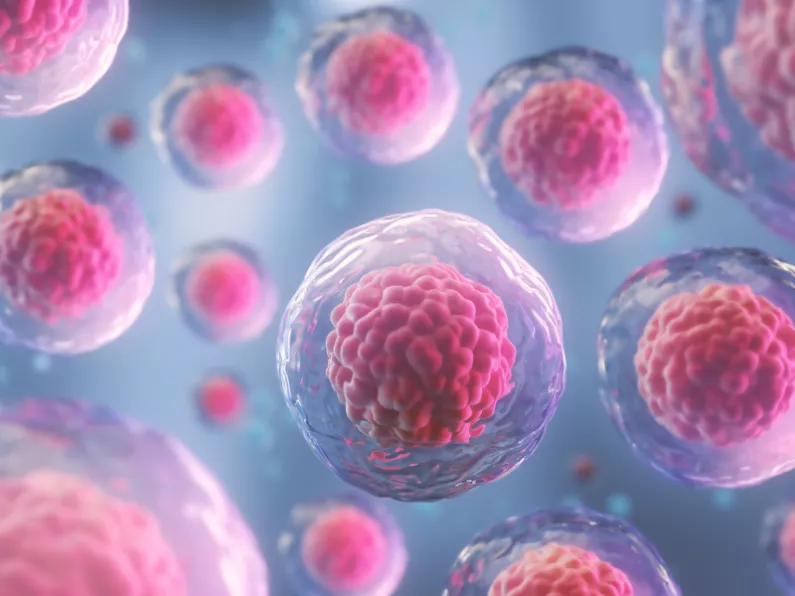Moms carry cells from their babies in their bodies forever, science has proven.
Everyone knows that mothers pass things such as nutrition, DNA, cells, and immunity to their developing babies when they are in the womb.
A common mommy figure of speech is that their babies are always a part of them - but it turns out this is more than just a turn of phrase.
Scientists have discovered that if you’ve given birth, some of your baby’s DNA will remain in your body forever.
Moms carry cells from their babies in their bodies forever
When a baby is in the womb, part of their DNA moves to the mother’s body through the placenta and embeds itself in the mother’s tissues, becoming a permanent part of her.
The exchange of cells can start as early as the first few weeks of pregnancy and is called microchimerism, according to science.
Microchimerism means "there are cells that aren't yours that are existing in your body".
It can occur through organ transplants, blood donation, lactation, and pregnancy.
Even if the mom suffers a miscarriage, those fetal cells still remain inside her.
Because studies so far have been based on research from animal testing rather than human, they don't conclusively state where the fetal cells may go in the body.
But what scientists do know is that they move through the circulatory system and have been found in almost every tissue.
In some cases, the cells can even pass on and live within future siblings.
Some example of cell transfer include:
- A study of women who had died in their 70s found that over half of the women had male DNA (a snippet from the Y chromosome) in their brains, presumably from when their sons were in the womb.
- When the heart is injured, fetal cells seem to flock to the site of injury and turn into several different types of specialized heart cells. Some of these cells may even start beating, a mouse study found.
- Fetal cells circulate in a mother’s blood. Male DNA turned up in blood samples from women who were potential stem cell donors. That result may have implications for stem cell transplants. This cell swapping may make parents better donor candidates for their children than strangers, for instance.









